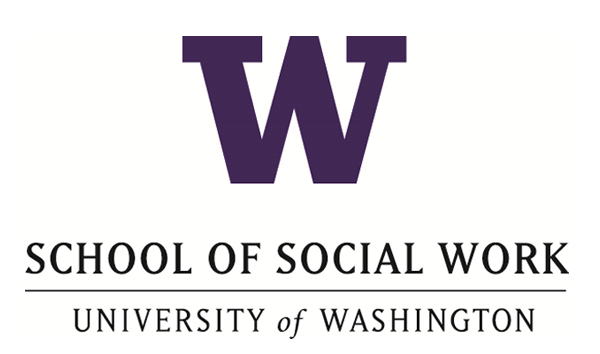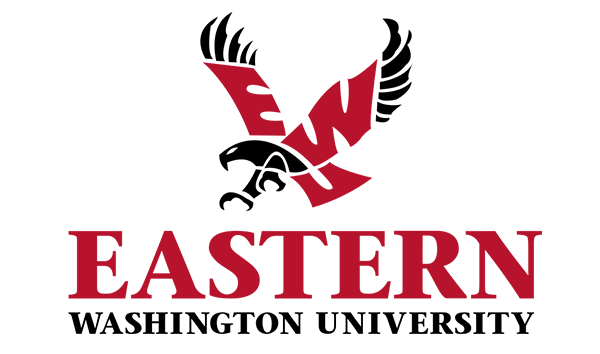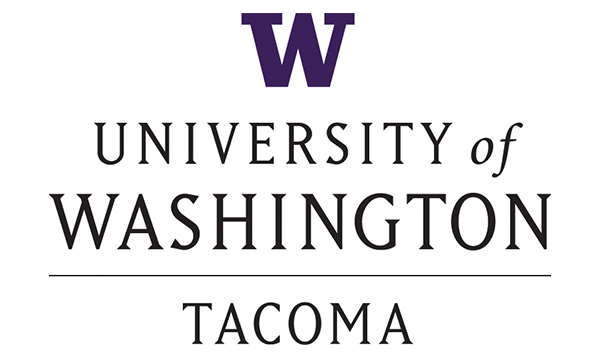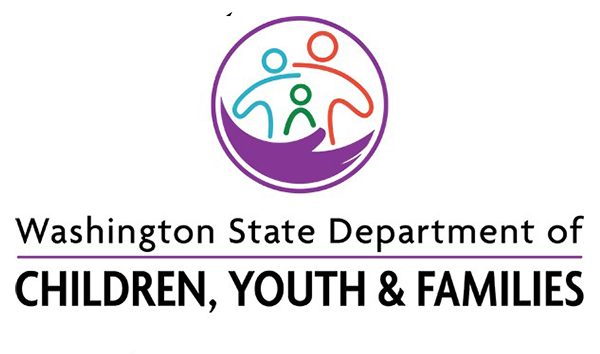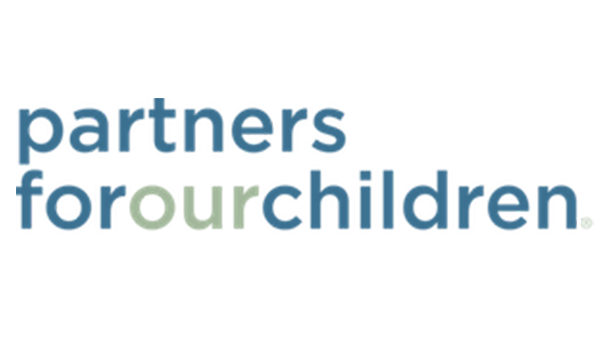About the Alliance
The Partnership
The Alliance works to increase the capacity of Washington’s social workers, partners and foster caregivers to support community wellness. We provide education and programs in a variety of modalities so that each learner can retain the skills needed to continue to succeed.
This work started in 2010, when the Washington State Department of Children, Youth, and Families (then called Children’s Administration) invited three of the state’s leading universities — the University of Washington, University of Washington Tacoma, and Eastern Washington University — to come together to form a partnership to improve the expertise of those working in the child welfare system.

The Partnership unites the resources of five organizations:
Since its inception, the partnership has grown to more broadly serve social workers, Tribal communities, judicial partners and foster caregivers in service of positive outcomes for children, youth and families across the state.
Under Title IV-E, the Federal Children’s Bureau helps states provide safe and stable out-of-home care for children until they are safely returned home, placed permanently with adoptive families, or otherwise placed with planned arrangements for permanency. When states invest money in training related to these activities, the federal government matches the investment through reimbursement. When states create partnerships with universities the reimbursement is increased twofold.
Our Values
We hold up these Values as foundational to our practice of serving communities and families of Washington, and each other. We strive to live these Values as an organization and as individuals.
- Respect
- Inclusivity
- Support
- Engagement
To learn more about our Values, click here.
VISION
All those we reach have the capacity to make empowered, thoughtful decisions in service of healthy families and communities.
MISSION
Through innovative and accessible training and supports, we empower those caring for and serving families and communities to provide anti-racist, culturally relevant, trauma-informed service.
Improving Transfer of Learning
Transfer of learning from a training program into one’s job or role is the goal of the Alliance. We work to achieve adaptive transfer, or the appropriate adaptation of knowledge and skills into new situations. Research shows that adaptive transfer depends on a combination of theory and practical application (e.g., simulations or scenarios) during training. Research also shows that one-on-one coaching has a large positive effect on transfer.
Expert Design and Delivery
The Alliance’s curriculum is designed by a team of professional curriculum developers and instructional designers. Every course is designed around what evidence from decades of research has shown about how adults learn. Bodies of research that inform our curriculum design and teaching methods include:
- Simulation methods developed over decades by the health sciences;
- Meta-analyses of decades of studies on adult education, such as those by Dunst and Trivette (2010) and Graner et. al. (2015); and
- The How People Learn framework from the National Research Council (2001).
Research has shown that adult learners need appropriate sequences and balances of theory, presentation, demonstration, practice and coaching. Theory and presentation should be contextualized with scenarios and connections to the learner’s job. General principles from research include the need for:
Activities that require students to work with, process and make meaning of knowledge.
Practicing, learning and processing within the context of situations and problems found on the job.
Assessment according to external criteria and practicing until criteria are met.
Giving the student feedback on their thinking or performance within a meaningful context.
Self-assessment of acquisition of knowledge and skills and identification of next steps.
Continuous Quality Improvement
The Alliance is strongly committed to continuous quality improvement (CQI) and robust evaluation of our training offerings and caregiver support groups. Our CQI process is a key element of fulfilling our commitment to the communities we serve. We know that effective CQI practices require strong partnerships, and we are proud to work intentionally with many stakeholders including:
- CQI specialists at the Department of Children, Youth, and Families (DCYF);
- Regional Advisory Groups of DCYF staff;
- Caregiver representatives through 1624 meetings;
- A Youth Advisory Board; and
- Our evaluation partner, Partners for Our Children.
Our in-house Continuous Quality Assurance Team meets monthly and focuses on reviewing, prioritizing, and implementing feedback from these different stakeholders using a Plan-Do-Study-Adjust framework. If you have feedback to provide on trainings provided by the Alliance, send an email to our Associate Director of Statewide Operations and Innovation Leah Rankin.

